Phrasal verbs II
Yesterday I published a post in which I taught 16 phrasal verbs which belong among the 50 most frequent phrasal verbs in English. In this post I am going to introduce 10 more phrasal verb which belong into the same category.
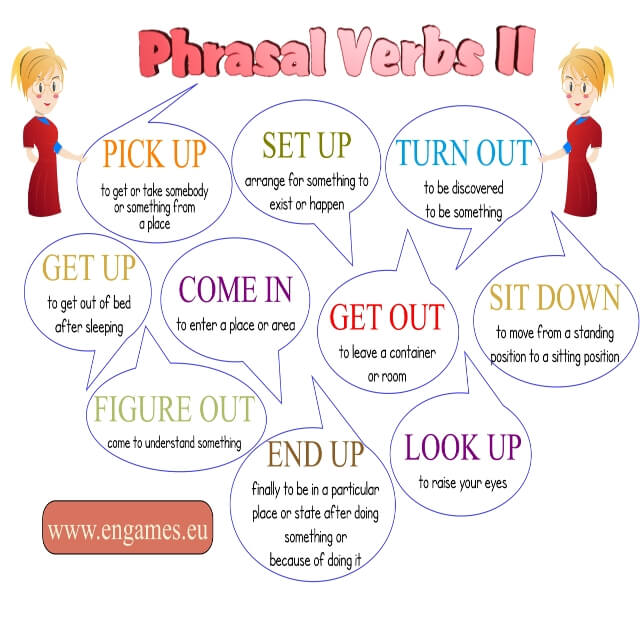
Yesterday I published a post in which I taught 16 phrasal verbs which belong among the 50 most frequent phrasal verbs in English. In this post I am going to introduce 10 more phrasal verb which belong into the same category.
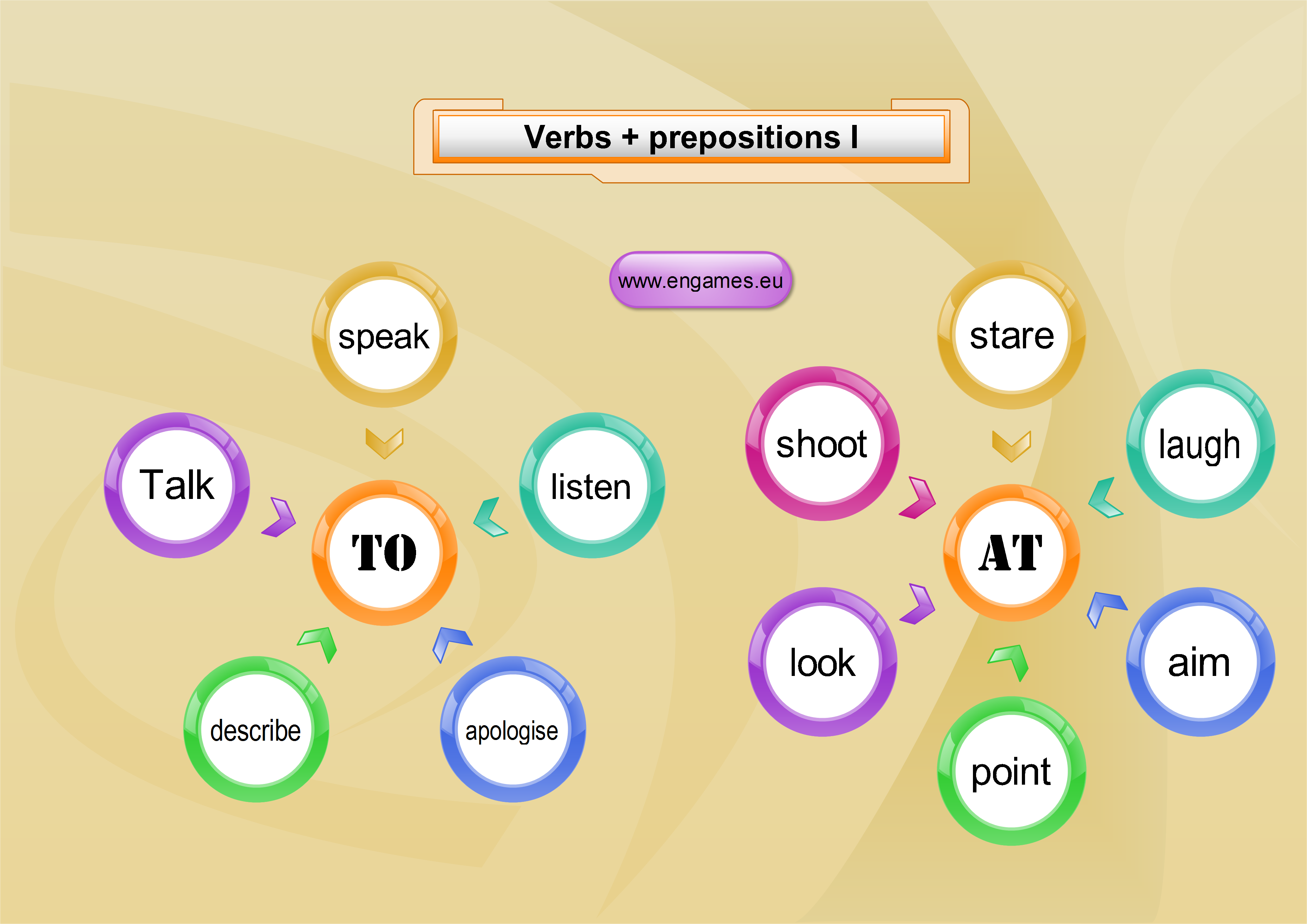
Yesterday I learnt Spanish and when I tried to reconstruct a text I found out that I do not remember the small words like articles and prepositions. They were so small that I did not pay enough attention to them to remember them. Interestingly my students have similar problems with prepositions in English. Therefore I…
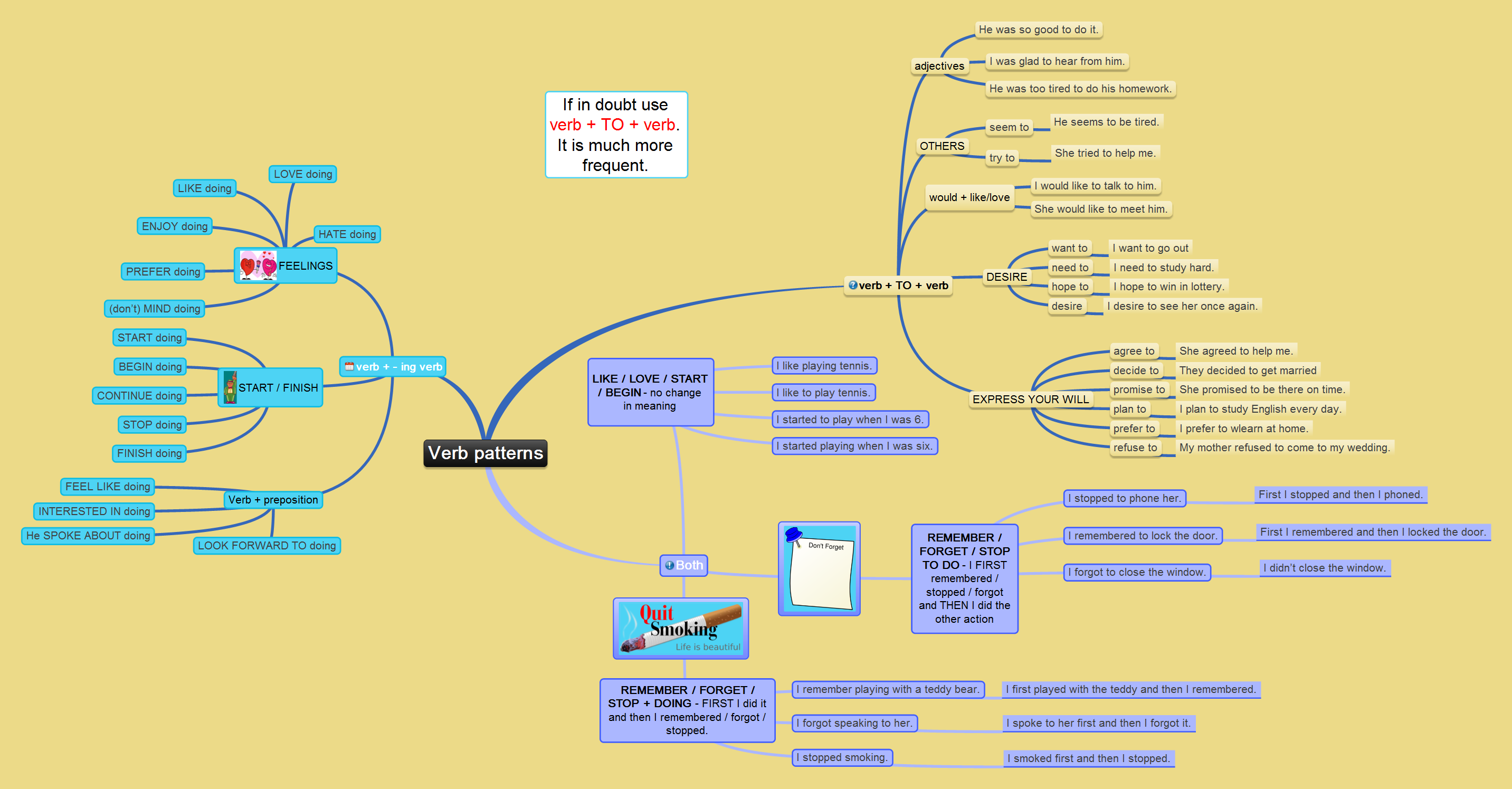
My pre-intermediate students are confused by all the different verb patterns. So the last two weeks I spent designing a mind map that would help them. It is in no way a comprehensive description of the grammar, but I feel quite happy about it. Looking for some rules I discovered that the pattern verb +…
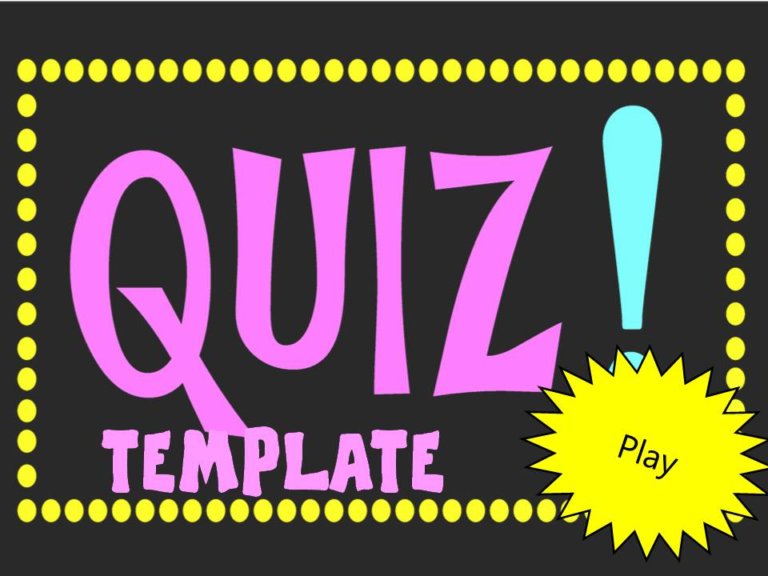
PowerPoint is a very powerful tool for teachers. If you know how, you can create nearly anything. You can make teaching activities which look good and which interactive. In this way you can draw students’ attention and involve them more. Moreover, PowerPoint is environmentally friendly and if you take your time, it looks really good….
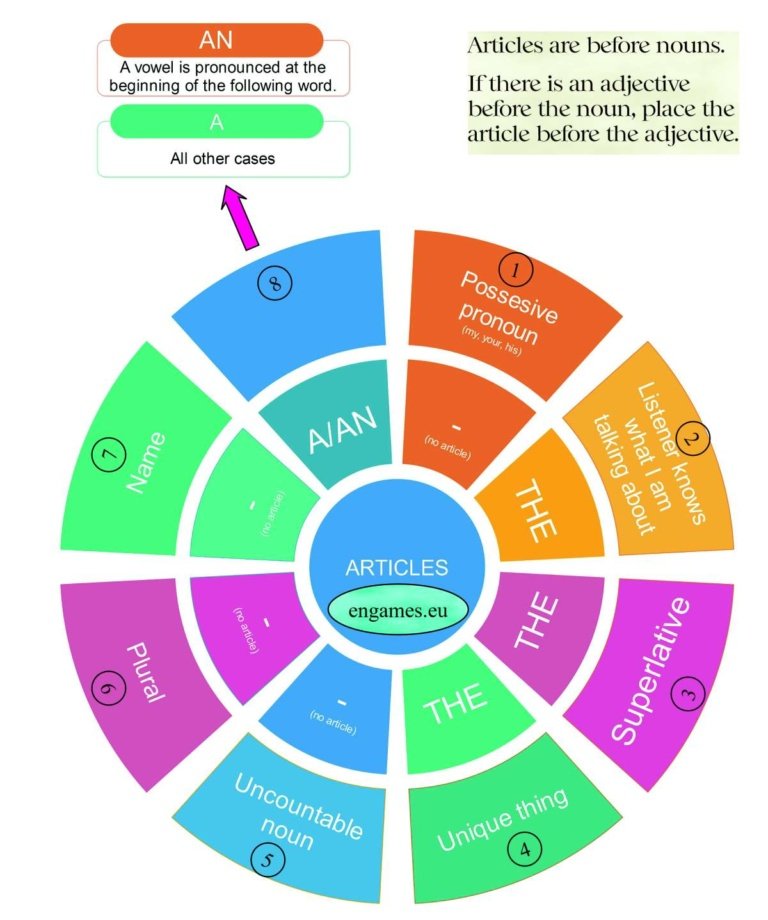
For students who do not use articles in their mother tongue it is incredibly difficult to learn to use them correctly in English. In fact, it is very difficult to teach them use the articles at all. That is why I often spend a lot of time teaching definite and indefinite articles in English. <!–…
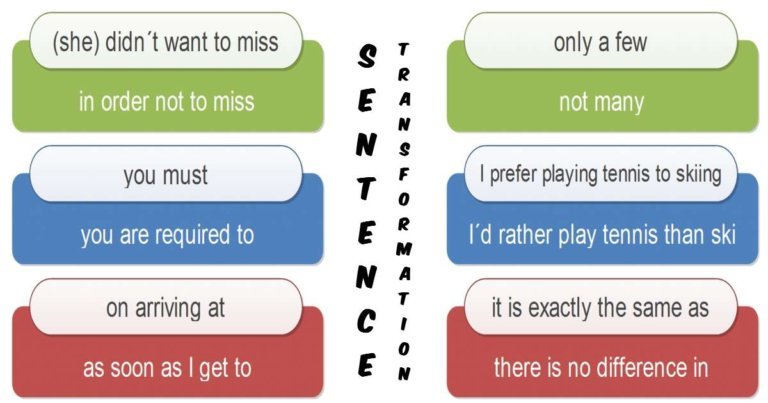
For some students, sentence transformation is the test they are really scared of. They feel that they cannot form the sentences correctly and often fail their exams just because they mess this part up. However, as a learner and teacher of English, I feel that this test is simple. I cannot help thinking that the…
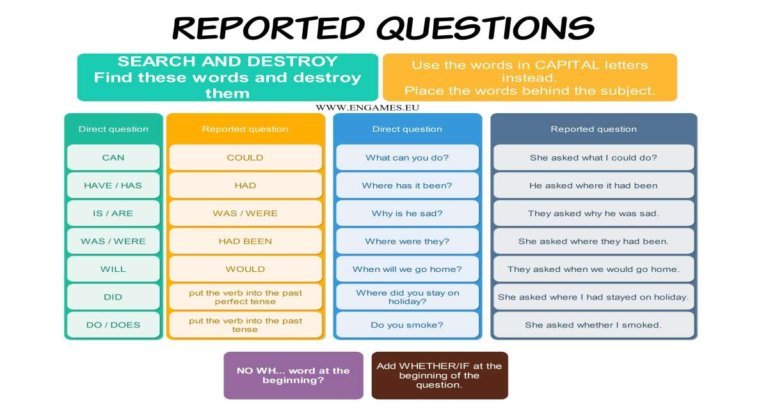
Reported speech is not easy but when it comes to reported questions students go mad. “There are so many rules to apply,” they whimper. “First, you have to change the question into an announcement and then you have to shift the tenses.” That was why I tried to simplify this procedure. <!– wp:more –> In…
This site uses Akismet to reduce spam. Learn how your comment data is processed.
Very useful
Thank you.
This delightful quiz game is perfect for teaching or revising phrasal verbs. A grid is drawn on the board with points at the top and verbs down the side. The students play a quiz game by guessing phrasal verbs from their definitions. The first student to raise their hand and give the correct phrasal verb wins that square for their team and the amount of points in the square. The team with the most points at the end is the winner. As an extension, when a student answers correctly, the team makes a sentence using the phrasal verb. If it is correct, they receive double points for the square.
Thank you. This looks wonderful.
Thanks a lot for your beautiful and helpful article, its a great Idea to learn not only phrasal verbs but also new words.
In this memorable teaching activity, students write sentences with phrasal verbs. The class is divided into small teams. The teacher writes a verb on the board. In their teams, students have five minutes to write as many sentences as they can, using the chosen verb as a phrasal verb. After five minutes, the teacher asks each team for their sentences. For each sentence where the meaning of the phrasal verb is conveyed correctly, a point is awarded. The team with the most points at the end of the game wins.
Look up is not a phrasal verb here.
It depends on the definition of a phrasal verb. I think, that nowadays most scholars stick to the definition that the a phrasal verb simply consists of a verb and a preposition.
Amazing.